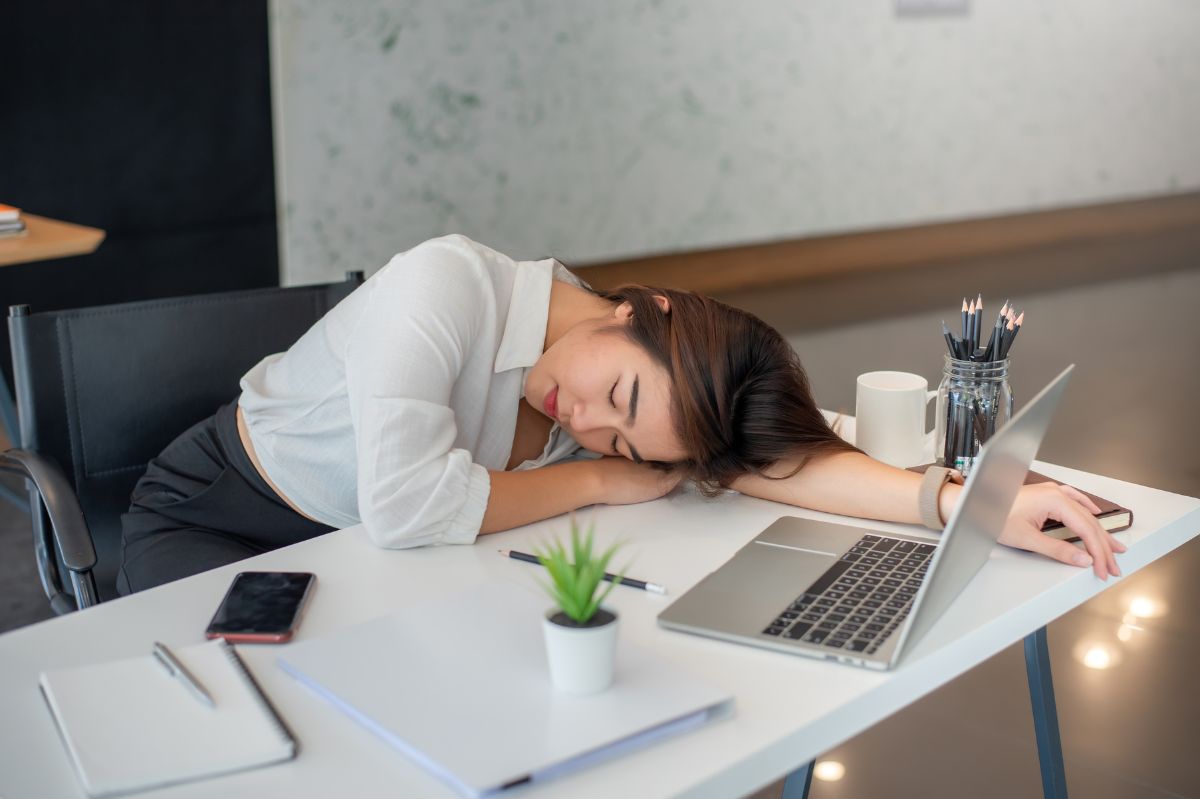Being sleepy during the day happens to everyone. But when sleepiness negatively affects our activities, it’s time to look for the causes. Sleep, you have to sleep at night. Then, it is true by necessity; we adapt to everything. However, it is good to know that the physiological functions of our body have their own circadian rhythm, or day-night, independent of our commitments.
Sleep attacks during the day are untimely, if not even dangerous (falling asleep while driving is very dangerous). Could discovering the possible causes help improve our sleepiness? Let’s find out.
Somnolence: the possible causes
First of all, the definitions: by drowsiness, we mean a state of numbness and a decrease in the level of consciousness, typical of the moment we are about to fall asleep. Irritability, lack of attention, yawning, and eye discomfort may occur simultaneously.
Non-pathological causes of sleepiness
Among the possible non-pathological causes (i.e., not related to diseases, which we will see below), the main ones are
- Gastrointestinal disorders from overeating resulting in a slowing of digestion and an excessive increase in blood sugar. This is the well-known post-prandial sleepiness ;
- Particular psychological situations: depressive states, excessive stress, irregular rhythms of life, and night work, which cause disturbances and irregularities of night sleep;
- Physiological conditions: seasonal changes, with new light / dark rhythms that affect the production of melatonin – the sleep hormone -, heat exhaustion, hormonal changes due to menopause, menstrual syndrome, or pregnancy;
- The intake of drugs (antihistamines, chemotherapy, antidepressants) or alcohol and the abuse of stimulants based on caffeine or cola; abuse of amphetamines and cocaine; intoxication from drugs or toxic substances.
Pathological causes of drowsiness
Many pathologies cause drowsiness, of which the main categories, with some examples, are:
- Infectious diseases: influenza, encephalitis, mononucleosis ;
- Metabolic or endocrine disorders such as diabetes, metabolic syndrome, hypothyroidism, metabolic acidosis;
- Renal disorders: renal failure;
- Liver disorders: liver cirrhosis, liver failure;
- Head trauma;
- Neurological pathologies;
- Hematological disorders: anemia, hemochromatosis, leukemia;
- Cardiac pathologies;
- Pulmonary pathologies;
- Rheumatic fevers
Drowsiness: from the causes, six tips
If there are no organic causes, but these are temporary problems related to unrefreshing sleep, try some of the tips below for proper sleep hygiene, maybe even all of them:
- In the bedroom, you sleep. At the limit, we make love but nothing else. Via TV, computer, desk;
- We sleep in the dark, in silence and cool;
- Before bed, no tea, coffee, or cola. Prohibit all exciting drinks, but also smoking and alcohol, which disturb sleep;
- Have a light dinner at least two to three hours before going to bed;
- Exercise a lot, but not before bed – it works as a thrill!
- Invent small pleasant rites of relaxation in the evening before going to bed: prepare yourself an herbal tea, think back to what you did during the day, and have a hot bath.
Also Read : Children And Adults In The Game Of Life

